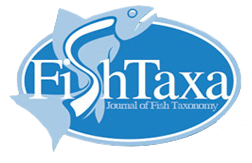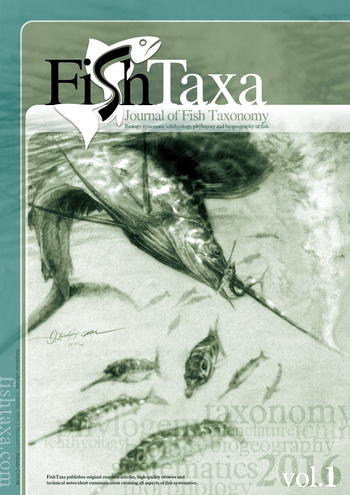An empirical study of fish breeding and biotechnology: Evidence from Indonesia
Yulfiperius Study Program of Aquaculture, Faculty of Agriculture, Universitas Prof. Dr. Hazairin, SH, Bengkulu
Suharun Martudi Study Program of Aquaculture, Faculty of Agriculture, Universitas Prof. Dr. Hazairin, SH, Bengkulu
Zulkhasyni Study Program of Aquaculture, Faculty of Agriculture, Universitas Prof. Dr. Hazairin, SH, Bengkulu
Nurhayati Study Program of Aquaculture, Faculty of Agriculture, Universitas Prof. Dr. Hazairin, SH, Bengkulu
Abstract
This exact review analyzes the utilization of fish reproducing and biotechnology inside the setting of hydroponics in Indonesia. With its quickly developing populace and expanding interest for fish, Indonesia faces huge difficulties in addressing protein needs while guaranteeing feasible natural practices. Accordingly, this examination explores the effect of fish rearing and biotechnology on upgrading fish creation, further developing species quality, and moderating natural worries. Using quantitative information and subjective experiences accumulated from reviews and meetings with fish ranchers, reproducing specialists, and policymakers, this study reveals insight into the present status of fish-rearing practices and the reception of biotechnological progressions across various locales of Indonesia. The findings feature the different ways to deal with fish rearing, including specific rearing, hereditary alteration, and high-level conceptive procedures, and evaluate their suggestions for creation yields, disease opposition, and asset protection. By orchestrating observational proof, this study adds to the comprehension of the job of biotechnology in molding the fate of hydroponics in Indonesia and gives significant proposals to policymakers and partners to advance maintainable and strong fish-rearing practices in the country

